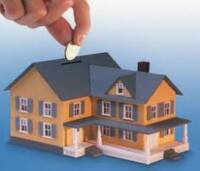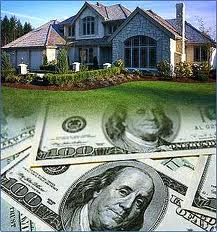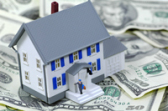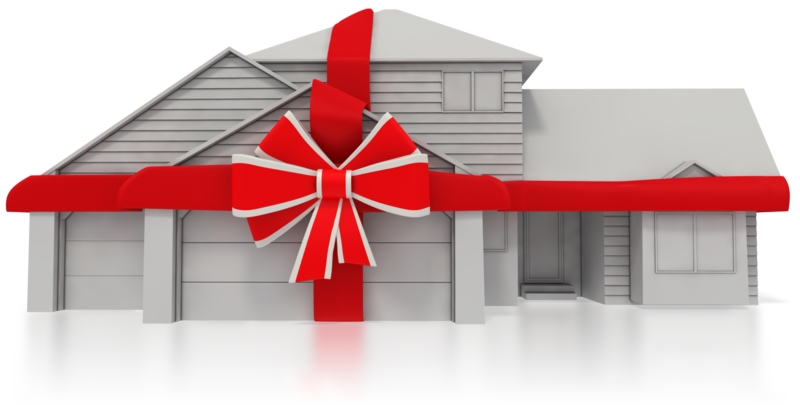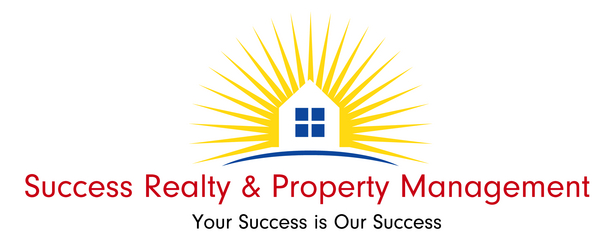
You’ve traded in renting for owning. So now what?
You may be surprised to find out that there is more money involved in owning a house than just taking out a home loan and making your monthly payments. What you weren’t responsible for as a renter becomes all yours as a homeowner. Property taxes, utilities, home maintenance and repairs, insurance and even decorating in any way you choose are all on you now, for better or worse. And if you live in an association or in other types of communities where special property taxes are assessed, you’ll have to contend with that, too.
Let’s break it down.
Closing Costs
Closing costs can add on thousands of dollars when your loan is settled. Those fees are often negotiated and vary state-by-state. As a buyer you may be responsible for a portion of them or the seller may assume all of them. The expense may be written into the offer so that the buyer doesn’t have to come up with the cash.
Property Taxes
Your property taxes are the principal source of revenue for municipalities, counties and school districts. The United States average for property taxes is 1.38 percent of the home’s value with the highest rates in New Jersey, Connecticut, New Hampshire, New York and Rhode Island and the lowest in Louisiana, Alabama, West Virginia, Mississippi, and Arkansas. Additionally, there are variances within counties, parishes, boroughs and the like.
If you live in a condo or a community that assesses its residents a special tax, such as a Mello-Roos District in California, you will have fees on top of your property taxes. Find out what your annual obligations are and budget accordingly. Otherwise, you’ll have a shock when those taxes andfees become due.
Private Mortgage Insurance
If your down payment was less than 20 percent of the purchase price, you will be required to buy Private Mortgage Insurance. PMI enables you to buy a house with a smaller down payment. The insurance protects the lender against you defaulting on the loan. Once you have sufficient equity in the house, the PMI coverage can be canceled.
Homeowners Insurance
You can’t get a loan without taking out homeowner’s insurance but that doesn’t cover everything, especially if you live in an area where natural disasters occur. You should consider supplemental policies for floods, tornados, hurricanes and earthquakes. And if you have a lot of valuable items, such as jewelry, antiques, art or a lot of expensive equipment like computers or cameras, you’ll need to buy a rider if you want them covered.
Decorating
One of the most satisfying things about home ownership is the ability to make your house look just about any way you want it. Want a moat and drawbridge? Put them in. Want a tropical island theme? Do it. You can change the appearance of a house with something as simple as paint or as elaborate as a remodel. And a house new to you generally needs furniture and other items like window treatments, carpeting and light fixtures.
Home Maintenance and Repairs
If you bought a fixer-upper, you pretty much know what’s ahead of you. Time, sweat and money… then add another 20 percent or more to the costs. But even a house in pristine move-in condition is going to need maintenance
and it’s better sooner rather than later.
There will come the day – maybe not now, but inevitably – that the roof will need to be replaced or the furnace breaks down or something goes terribly wrong with the plumbing. Your choice is to repair or replace. If you’re handy at DIY, you have an advantage, but you’ll still need to spend some money.
Don’t be too startled if every year you have some sort of major expense, sometimes costing thousands of dollars. To smooth the edges off of those unexpected expenditures, start a savings account for your house. And it’s important to maintain your house. Down the line, you may want to move up. To sell your house for the best price, you want to show a well-maintained home, not a neglected house.
The Hidden Costs of Homeownership
